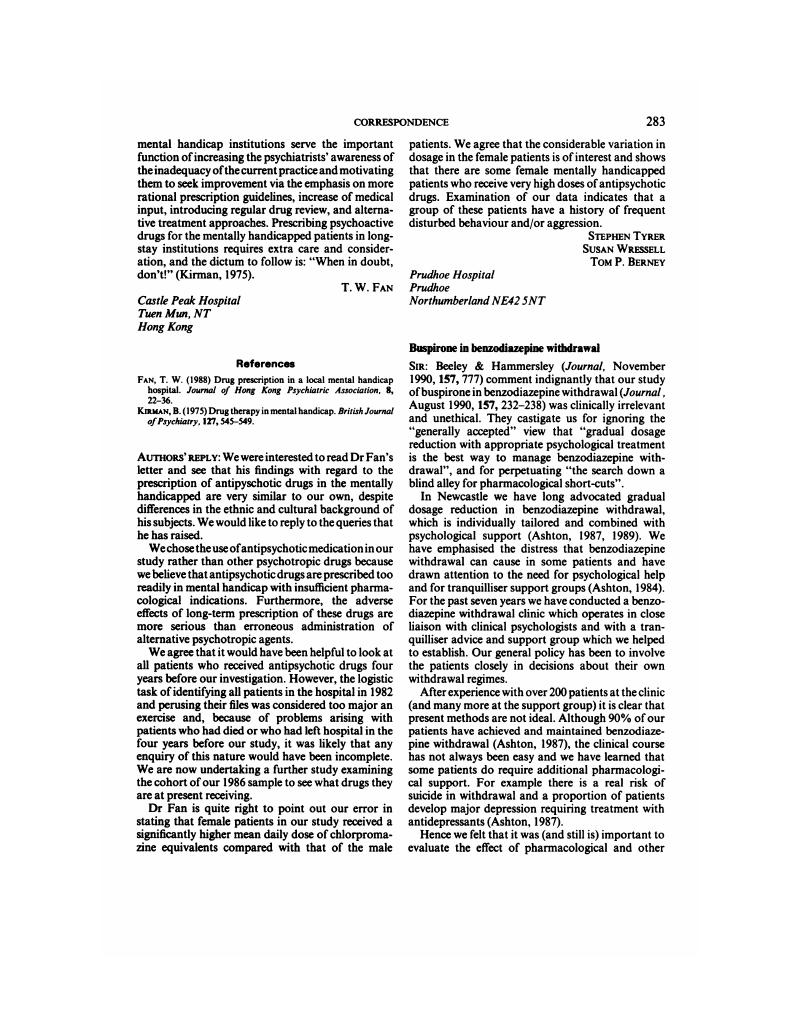Crossref Citations
This article has been cited by the following publications. This list is generated based on data provided by Crossref.
Li, Rui
Gao, Kaiming
Luo, Hui
Wang, Xiefeng
Shi, Yan
Dong, Qingsheng
Luan, WenKang
and
You, Yongping
2014.
Identification of intrinsic subtype-specific prognostic microRNAs in primary glioblastoma.
Journal of Experimental & Clinical Cancer Research,
Vol. 33,
Issue. 1,
Alhaddad, Lina
Osipov, Andreyan N.
and
Leonov, Sergey
2022.
The Molecular and Cellular Strategies of Glioblastoma and Non-Small-Cell Lung Cancer Cells Conferring Radioresistance.
International Journal of Molecular Sciences,
Vol. 23,
Issue. 21,
p.
13577.




eLetters
No eLetters have been published for this article.